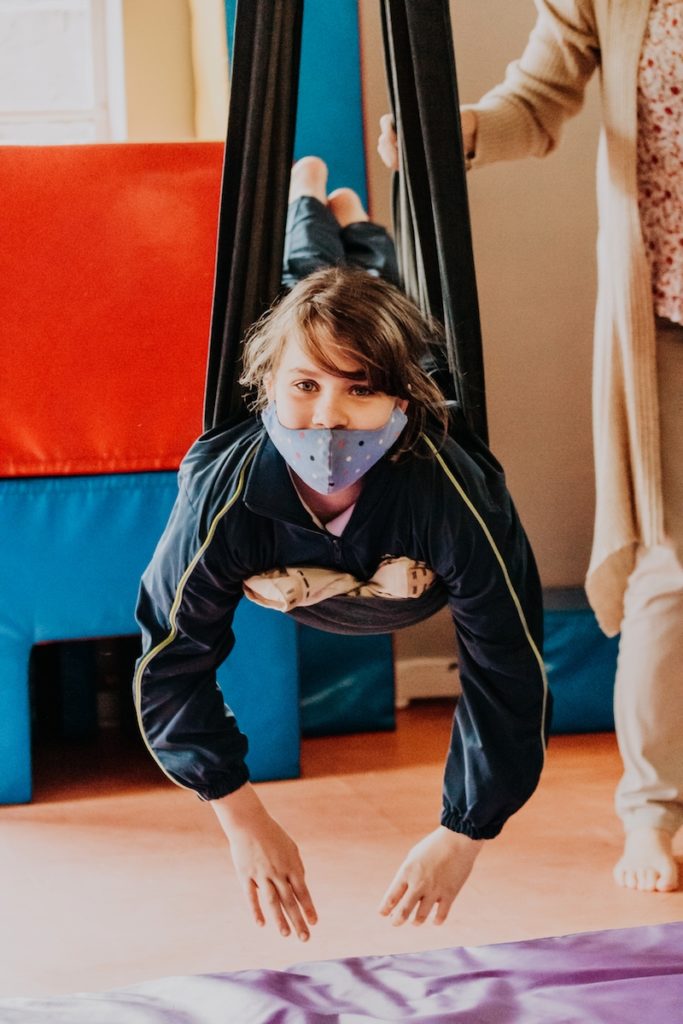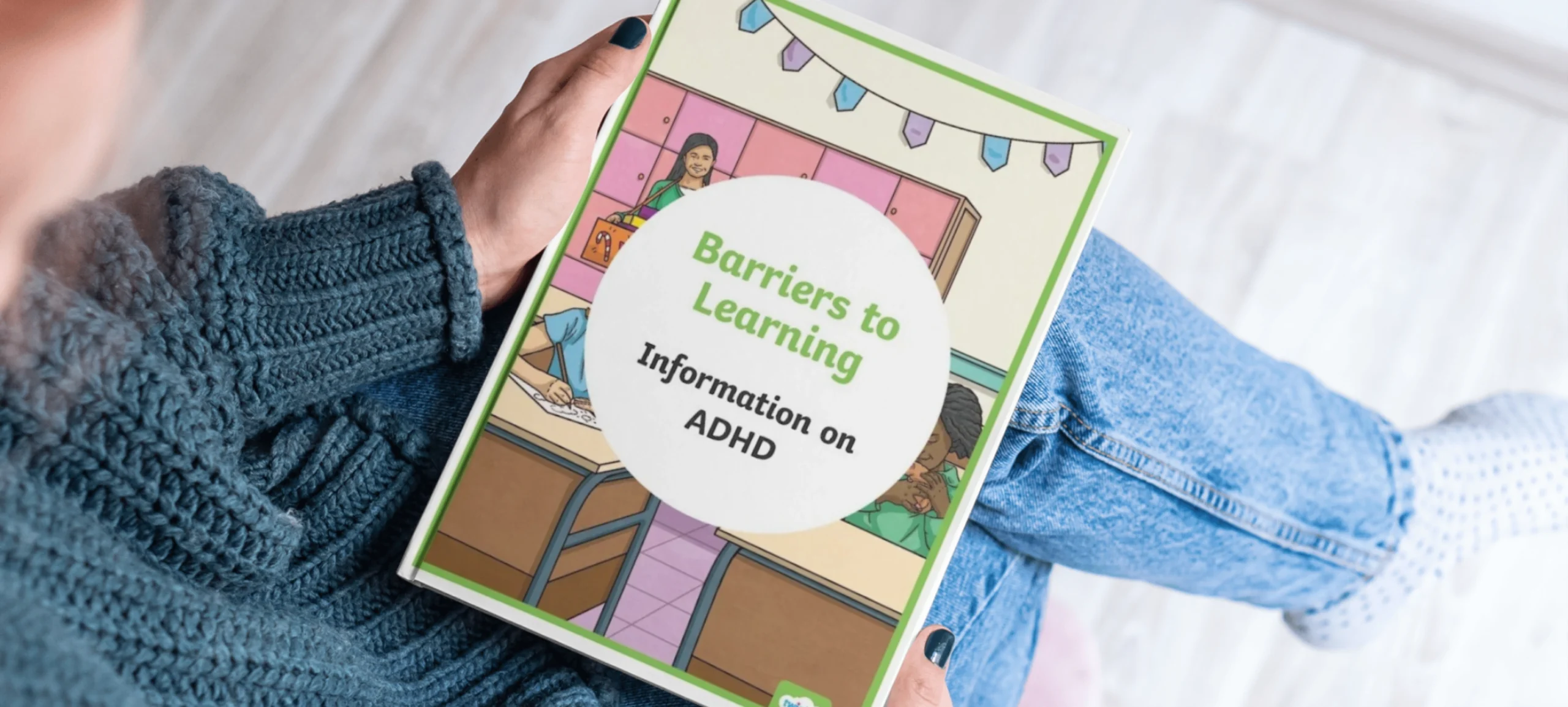“It’s a happy talent to know how to play” – Ralf Waldo Emerson
Why play?
As therapists we are often asked by parents, “What can we do at home to support our child’s learning?” Without a doubt, play is one of the most effective learning and therapy tools available to children and their families, and it is the “homework” we are the happiest to prescribe. Play is of benefit to not only the children in a family, but to the adults too, with the result that it is a win-win situation all round and it leads to happier children and families. When one considers the following quote from Dr Karyn Purvis it is difficult to think of any valid reasons not to be playing with our children: Scientists have recently determined that it takes approximately 400 repetitions to create a new synapse in the brain. Unless it is done with play, in which case it takes 10-20 repetitions.
Physical and mental health benefits
In our current state of uncertainty and world-wide stresses, physical and mental health are our primary concerns. Healthy brain development and maintenance relies on stimulating the brain to make efficient and effective connections between nerve cells. These connections apply to ‘visible’ skills (such as motor skills) and more abstract skills for language, cognition, social and emotional development. Play is a ‘safe’ way to experience the world and test our skills.
Games that require movement are excellent for stimulating physical health and motor skill development. This may be through the use of large movement e.g. jungle gyms, trees and open spaces like parks, or through the use of small movements with hands and fingers e.g. moving pieces on a board or building Lego.
Cognitive benefits
While all play facilitates brain development, some activities are more directed towards cognitive skills like reasoning and planning. These activities are not limited to board games. The child who enjoys re-enacting Star Wars or My Little Pony uses imagination, memory, reasoning and planning but perhaps to a different degree than the child playing Checkers or Monopoly.
Social and communication benefits
Games like 30 Seconds, Trivial Pursuit and Pictionary require cognitive skills but focus the ability to communicate clearly using memory, recall, understanding and explaining. Again, imitation and re-enactment activities develop similar communication skills but also have a greater element of socialisation opportunities, including a different type of trial-and-error problem solving, negotiating and understanding social cues.
All play requires an element of impulse control which is developed through experience but social play also requires a higher degree of emotional regulation and empathy, leading to a safe place to practice life lessons. Playmates teach each other skills needed for game play and learn to use direction and explanations. A vital role of social play is the development of interpersonal relationships. Friendships and positive experiences relieve stress and provide pleasure.
What to play?
Many things influence the play chosen by children and adults – some practical and others adapted from traditional rules and experiences. The number of players and their ages are important for appropriate game selection, as is the need for teams or individual play. Will the play be structured (rule-bound and directive) or unstructured and creative? What interests the players and is the necessary equipment available? Remember that games needn’t be bought and creating a game can be fun in itself.
Play is only fun if it is appropriate for the players, so it is sometimes necessary to adapt games for physical, cognitive, linguistic and social differences. Developing skills mentioned before, occur during the pleasure of play, so forcing a child with extremely diverse needs to play in the same ways as others in order to ‘teach’ them, is neither productive nor pleasurable.
How can I adapt games?
If mobility is a challenge e.g. cerebral palsy affecting movement or the use of a wheelchair or crutches:
- Size up by using bigger balls for ball games e.g. a plastic soccer ball to play tennis.
- Lighten up by using lighter balls for ball games e.g. volleyball with a balloon.
- Adjust rules e.g. if a child in a wheelchair is playing basketball that child can carry the ball in his/her lap instead of dribbling.
- Adjust pace e.g. balloon volleyball.
- Use accessible areas e.g. flat, open spaces.
- Buddy up – find a friend to push the wheelchair or assist with mobility – it’s ok to ask for help.
If fine motor control is a challenge e.g. hand grips:
- Use a universal cuff – usually for holding eating utensils, but can be used for play as well.
- Use a card holder for card games.
- Non-slip mats under game boards (from most hardware stores).
- Prestik under game tokens/pieces.
- Size up e.g. use larger playing pieces or garden size games; build up tools and playing pieces with foam.

If vision is a challenge:
- Texture components using velcro, glitter glue or craft foam from stationery stores.
- Use games with sounds/sound activated.
- Include as many senses as possible.
- Use garden size games.
- Prestik under game pieces.

If language, speech or literacy is a challenge:
- One-on-one play initially.
- Subjects of interest with predictable language.
- Use clear, short sentences/explanations.
- Emphasise important words e.g. nouns, verbs, prepositions.
- Slow down and use repetition
- Model correct responses for your child at just above your child’s current language level.
- Allow the child to lead too.
- Use signs, gestures or pictures if they are effective.
- Shorten the duration of the game.
- Help if necessary.
- Remove some steps of the game if it is too complex.
Types of play

Understanding play may be limited to our own experiences, but the diversity of play activities is massive, from something like a stick imagined as a wand, sword or conductor’s baton, to a complex and strategic game of Risk or Chess played for days.
Different types of play develop different skill sets and variety provides more holistic development and more opportunities to develop interests and sources of pleasure. Play can be unstructured and creative or rule bound and directive. Both are beneficial and should not be dismissed because of perceived limitations. Similarly, games for individual play encourage the ability to be solitary and self-sufficient while groups stimulate skills for socialisation. We all need to play.
Time spent playing with children is never wasted (Dawn Lantero), and there is no time like the present. Have fun!
Written by:
Julia Hutcheon (Occupational Therapist) and Dana Altini (Speech-Language Therapist) – Glenoaks Remedial and Special Needs School
- When to Push My Child and When to Step Back - March 18, 2024
- Benefits of Including STEM into the Classroom - March 5, 2024
- The Role of Parents in the Education of Special Needs Children and Fostering a Collaborative Approach - February 21, 2024





